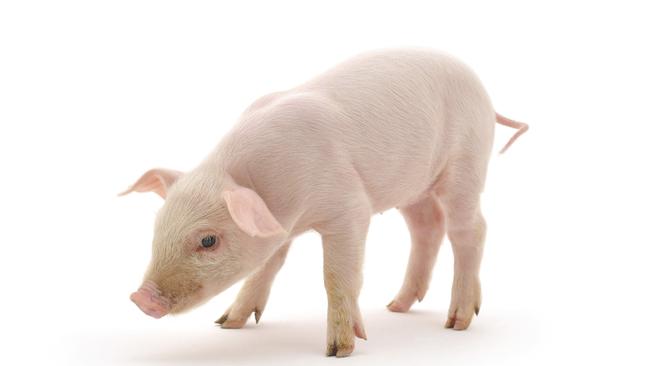Pig power may aid defective lungs
Donated human lungs that would normally be rejected as too damaged for transplants could be repaired by attaching them to pigs, a study suggests.

Donated human lungs that would normally be rejected as too damaged for transplants could be repaired by attaching them to pigs, a study suggests.
About 80 per cent of lungs offered for transplants are not suitable, often because of injuries suffered during the last stages of a donor’s life, but frequently the damage is relatively minor and could heal if the lungs were in a living person.
The new technique involves keeping donated lungs alive, potentially for weeks, by attaching them to the circulatory system of a “swine host”, a sedated pig that survives the procedure. This should allow the lungs to repair themselves. The animal’s blood flows through the human lungs, supplying nutrients and removing waste products. The lungs are inflated with air using a clinical respirator.
“The ventilation and cross-circulation provide the lung with systemic support … over times long enough to treat the lung damage,” said Gordana Vunjak-Novakovic, director of the Laboratory for Stem Cells and Tissue Engineering at Columbia University.
Researchers believe the process could reduce waiting lists for donor lungs. Common reasons for lungs being rejected for transplants include bruising and fine blood vessel damage.
The Times


